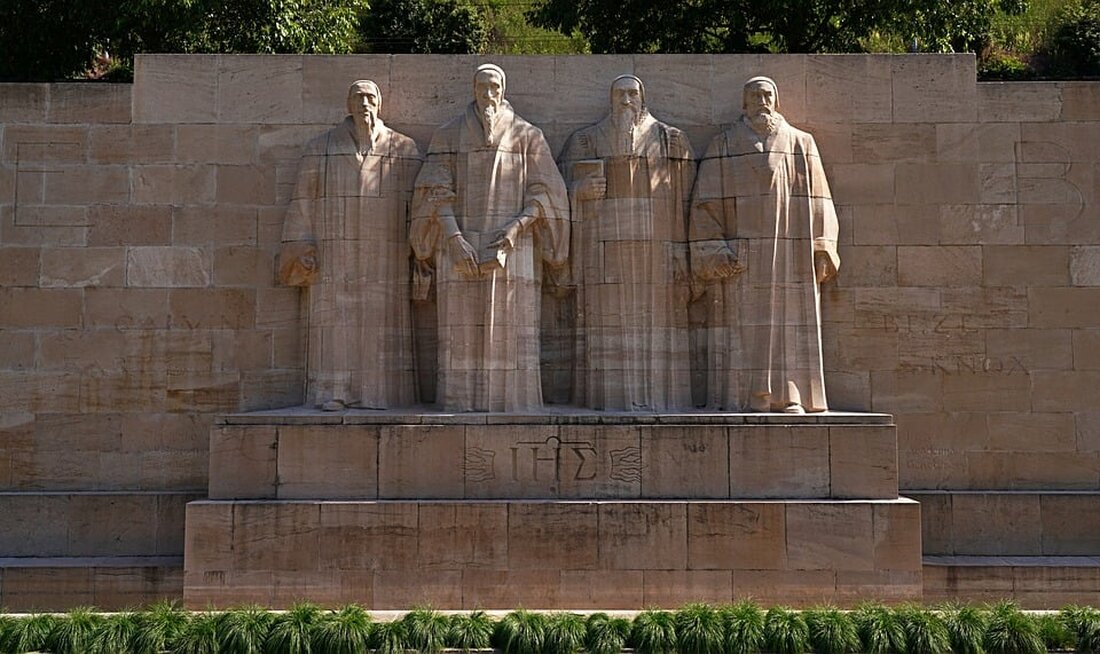Reform of the radio: cooperation and reduction for a strong media duo
The reform of the state contract brings decisive course for the dual media system in Germany. Vaunet welcomes the reduction of TV and radio programs and the promotion of cooperations between public law and private providers. However, success depends on the seriousness of the institutions in the implementation. Learn more about the challenges and opportunities of the reform, especially in the areas of sports rights and commercial activities.

Reform of the radio: cooperation and reduction for a strong media duo
The Vaunet looks at an epochal turn in the German broadcasting system! Finally, the decades of discussions about the Reform State Treaty have borne fruit. The decisive course- structural reduction in TV and radio programs as well as a hoped-for cooperation between public law and private providers are now on the table!
A clear call for cooperation! In this paradigm shift, the importance of fair competitive conditions within the dual system is very important. Claus Grewenig, one of Vaunet's central voices, thanks the countries to finally tackle the structural questions. "The success of the reform will significantly depend on the seriousness of the institutions," said Grewenig. Every step has to sit now, because we don't want small reforms, but great progress!
a new age of cooperation
With the new cooperation requirement, close cooperation between the media providers is required. It will be crucial that the public law and private channels move closer together, especially in areas such as the technical infrastructure and licensing. Grewenig emphasizes: "To secure diversity and credibility, cooperations are essential. We all have to work together to offer the disinformation foreen!"
A remarkable innovation is also the previously missing focus on cost control in sports rights. For the first time, the state contract is calling for measures that encourage public service broadcasting to focus more on popular sports and question exclusivity. "We would like more courage," explains Grewenig, "beyond mere status quo food!"
But there are also dark sides! Vaunet regrets that the countries have not determined clearer guidelines for the commercial activities. There is still a risk that subsidiaries rise to independent, commercial publishers and bypass advertising bans. It must be improved here!
financing models of the future - a explosive topic!
The discussion about the future financing model of the institutions remains exciting. Grewenig makes it clear: "The financing must follow the order!" Serious reductions are necessary to adequately counter the challenges on the media market. A mere adaptation of the contributions will not be sufficient to keep the urgently needed legitimation debate.
The state of reform contract is not only a further step on the long way of media evolution, but could also have the potential to fundamentally change the German media landscape. All eyes are now focused on implementation, because the time for changes is now!
Berlin expects big changes, but only time will show whether the reforms actually bring what they promise!

 Suche
Suche
 Mein Konto
Mein Konto
